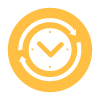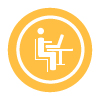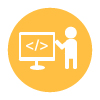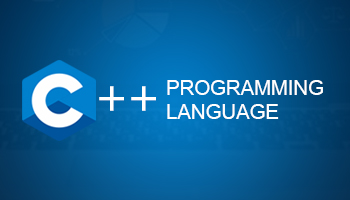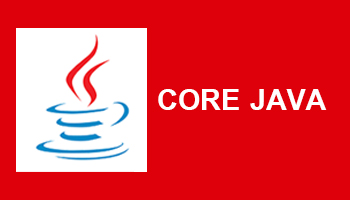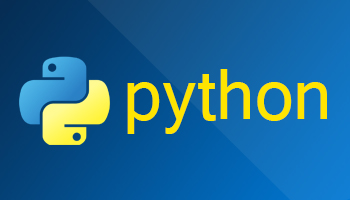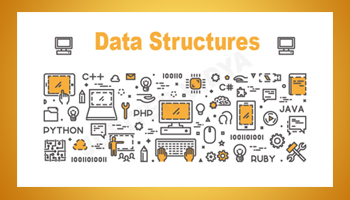Become a programmer, learn the most used and popular programming language of the world “C Programming”. Develop problem solving skill using C and get your dream career.
Course Duration: 30 hours | Mode: Online | Timing: Flexible (Weekdays & Weekends)
What Will I Learn?
Problem solving approach.
How to optimize a code.
Good understanding of Data and Information.
Memory management
How to find more than one solutions for any problem.
Who Can Take This Course
Programmer
Software Developer
Students
Anyone looking for a job
Working Professionals
C programming language Course Enquiry
C programming language Course Description
Foundation is important and so is the C Programming learning.
Since C Language is a System Programming Language also known as the mother of all other languages as it is helpful in initial programming stages. Learn C Programming with Jupiter Vidya ‘s founder and highly, experienced mentor Mr. Pramod. Learning C Programming will help you gain in-depth knowledge of computer and builds strong logics to learn other languages. We are a renowned IT training center for our dedicated attitude towards learners. We focus on building clarity in concepts and uplift the logical thinking.
C programming language Course Curriculum
- The C Language and its Advantages
- The Structure of a C Program
- Writing first C Program
- Debugging a C Program
- Compilation Steps
- What is Data Type
- Types of Data Type
- Basic Data Type
- Derived Data Type
- User Defined Data Type
- What is variable
- What is Constant
- Different Operators in C
- Evaluating of Expressions
- Type conversions
- Operators Precedence and Associativity
- Simple if statement
- If-else, else-if ladder, nested if
- Switch case
- While loop
- Do-while loop
- For loop
- Nested Loops
- Break and continue Statement
- Loops with Conditional Statement
- What are Function and its use
- Types of Function
- User-defined Functions
- Library Functions
- Recursion
- Using Functions with Array and Pointers
- Floats and Doubles
- Integers, long and short
- Storage Classes in C
- Which to Use When
- Introduction to C Preprocessor
- Macros
- Macros with Arguments
- Macros versus Functions
- File Inclusion
- Conditional Compilation
- #if and #elif Directives
- Miscellaneous Directives
- Introduction to Arrays
- Array Initialization
- Bounds Checking
- Passing Array Elements to a Function
- Pointers and Arrays
- Passing an Entire Array to a Function
- Two Dimensional Arrays
- Memory Map of a 2-Dimensional Array
- Pointers and 2-Dimensional Arrays
- Pointer to an Array
- Passing 2-D array to a Function
- Array of Pointers
- Three Dimensional Array
- Introduction to Strings
- More about Strings
- Pointers and Strings
- Standard Library String Functions
- String Operations without Library Functions
- Array of Pointers to Strings
- Pointers Basics
- Pointers operations
- Pointers and functions
- Pointers and Arrays
- Pointers and Strings
- Structures Basics
- Arrays of Structures
- Nested Structures
- Passing structures to functions
- Structures and pointers
- Unions and its use
- File Operations
- Opening a File
- Reading from a File
- Trouble in Opening a File
- Closing the File
- A File-copy Program
- Writing to a File
- File Opening Modes
- Different ways of Reading and Writing to File
- Record I/O in Files
- Text Files and Binary Files
Be the first to leave a review.


